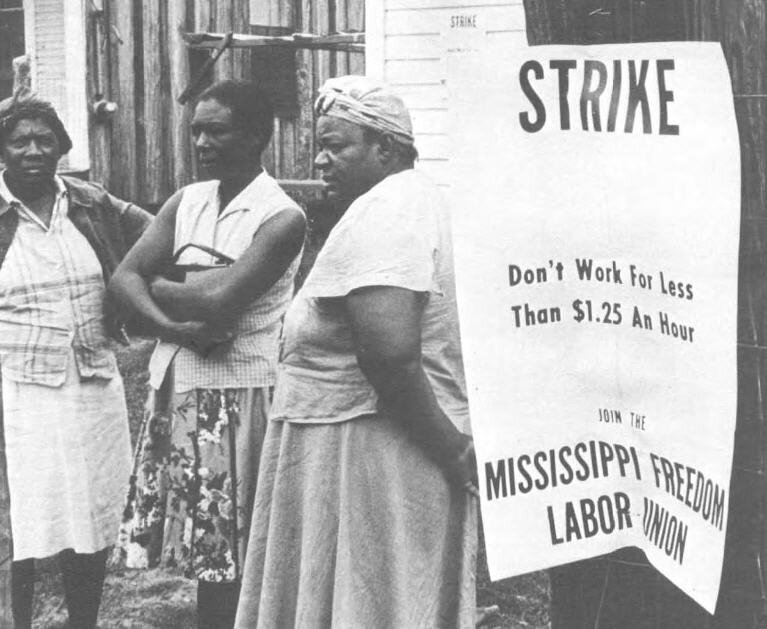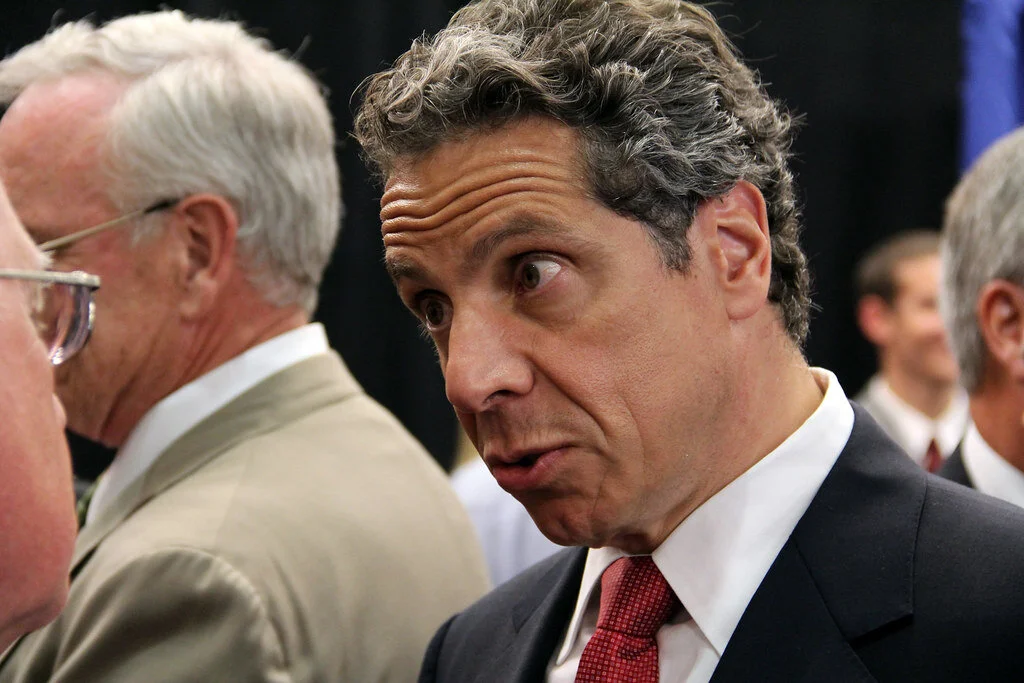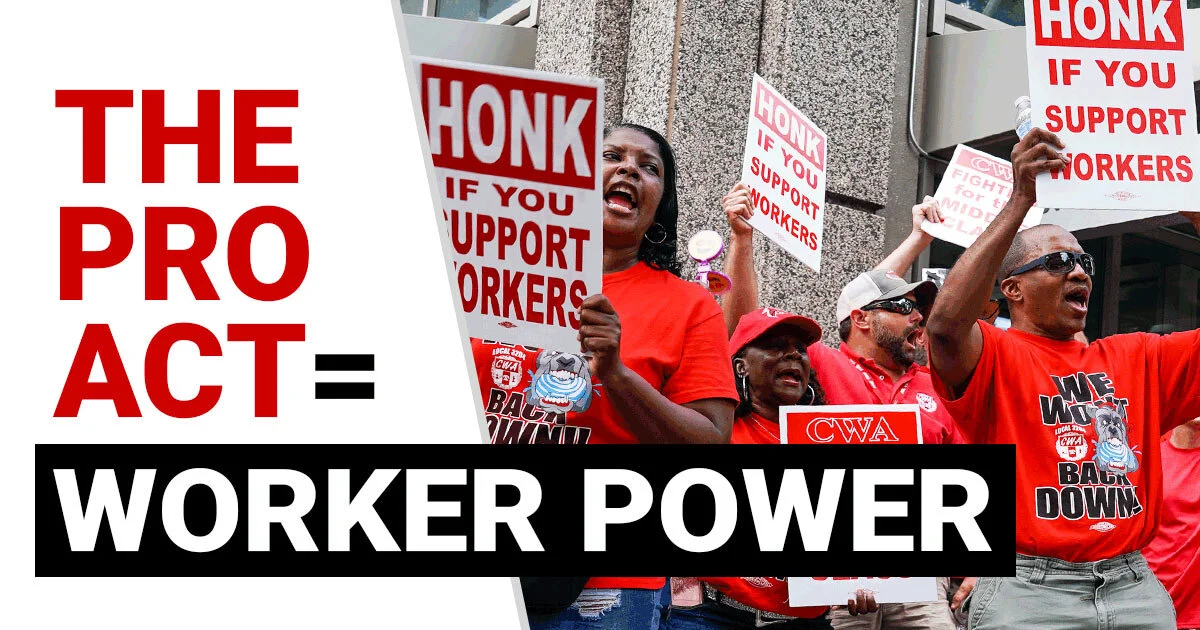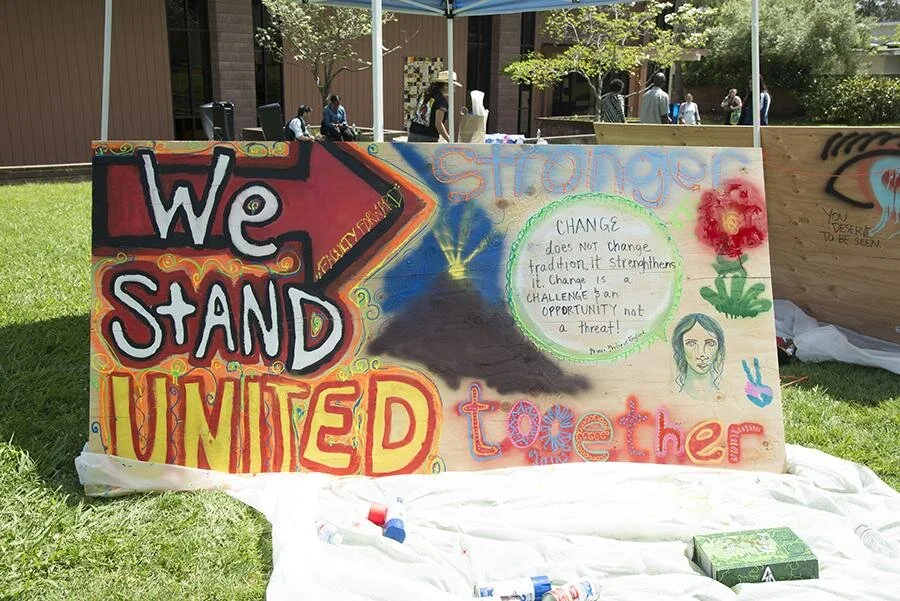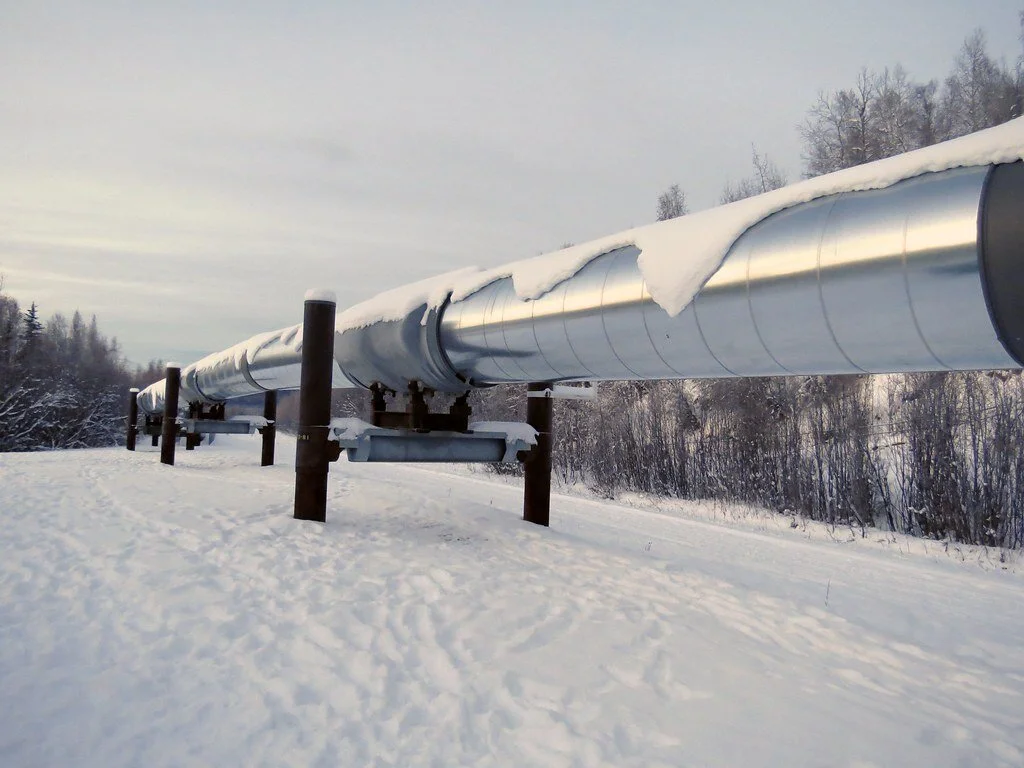David Madland’s Re-Union: How Bold Labor Reforms Can Repair, Revitalize, and Reunite the United States presents an analysis of labor’s decline, and policy prescription for transforming the system of labor relations in the United States. However, there are critical flaws that ultimately limit the book’s usefulness and call into question many of its core assumptions.
Labor rights and civil rights have always been intertwined. That’s why when there is an assault on the rights of people to protest oppression and state murder, the labor movement must stand foursquare behind those seeking justice in our streets.
Andrew Cuomo faces serious allegations of sexual harassment and mismanagement of the COVID-19 pandemic. So why is organized labor so quiet?
Kim Kelly spoke to pro-union Amazon workers and RWDSU organizers about how they’re feeling after the loss in Bessemer. They each emphasized a core message: we’re not giving up.
The PRO Act, with its broad sweeping reforms to the National Labor Review Act, would transform the working conditions of millions of workers whose livelihoods, right now, are essentially determined by the generosity of their bosses. While a number of large companies have banded together to oppose the bill, some of the PRO Act’s loudest critics are a particular layer of high-earning freelance writers, who’ve created a cottage industry of misinformation around the PRO Act and how it could impact their livelihoods.
Read MoreOver the past eight years, adjuncts have successfully formed unions at over 50 universities across the United States. The theory is that with an independent democratic decision making body and collective voice, adjuncts can advocate for themselves and mutually aid each other in pursuit of more equitable work conditions. Unfortunately, adjunct unions have not yet been able to completely overturn the contingent employment relationship that defines adjunct labor: term-to-term or year-to-year contracts.
Read MoreBecause Alaska does not have a statewide sales tax, property tax, or income tax, the state relies on taxes on oil for more than 80% of state revenue. The means the price of oil doesn’t just dictate the fate of oil jobs, but how many teachers and staff public schools are able to employ, how many social programs Alaska is able to provide, and the availability of public services in a place where low population density make these services unusually difficult to administer.
Read MoreParents trust teachers and the unions that represent them. Fifty-four percent of parents say teachers unions should have a voice in deciding when to bring children back to school in person and even more parents (77 percent) trust teachers themselves. Fewer respondents (only around 48 percent) said they trusted the federal government to make that determination.
Read MoreThe Foster Poultry Farms facilities in Livingston, California—which have seen at least 12 worker deaths—have been the center of a fight over worker safety. Now, workers have decertified their union, the United Farm Workers, according to a vote tallied on February 4th.
Read MoreAs they fight for safer workplaces, unions have become a trusted source of vaccine information for health care workers.
Read MoreMatt Bernico argues that the NLRB must develop a more nuanced understanding of faith and religious communities; one that acknowledges the right to union representation. Without substantial changes in the way the NLRB thinks of its jurisdiction with regards to religion, he believes religious freedom will always be used by employers to oppress and exploit their workers.
Read MoreThe new Bureau of Labor Statistics data on union membership is out, and for the first time in over a decade, they don’t show union decline—at least, that’s what it seems. Union membership as a share of the total workforce increased for the first time in over a decade, giving some immediate superficial reason for optimism.
Read MoreThe Protecting the Right to Organize (PRO) Act is a compendium of labor’s wish-list items. It would make it easier for workers to form unions, imposing consequence on union-busting employers who violate labor law, and weakening “right-to-work” laws. However, union organizers, researchers, and labor lawyers see dim prospects for winning significant labor reform during the Biden administration.
Read MoreOrganized labor has been a key part of the Democratic Party coalition since the New Deal. But union endorsements and union money—both of which go overwhelmingly to Democrats—do not necessarily translate into union votes, and do not necessarily indicate how union members think.
Read MoreMembers of the University of Michigan Graduate Employees’ Organization (GEO) are on strike to fight for the health and safety of their entire community, which the administration has put at risk with their negligent response to the COVID-19 pandemic.
Read MoreWhen the University of Michigan Graduate Employees’ Organization (GEO) called for a strike last week, the graduate instructors and assistants were only planning on withholding their labor for a few days. After the union received support from the school’s resident advisors and dining hall staff, however, the greater student body began skipping classes and picketing in solidarity.
Read MoreOSHA complaints are a window into the reality faced by American workers during a global pandemic—and the picture they show is grim.
Read MoreWhile new money ownership has been too often credited with the NBA’s reputation as “the progressive league”, the NBA largely owes its culture, values, and working conditions to the players.
Read MoreThe Trump administration is clearly engaging in an unprecedented move to undermine USPS for electoral gain. But as an analysis of National Labor Relations Board data demonstrates, problems with the Postal Service predate the Trump administration, and arguably helped lay the groundwork for his attack.
Read MoreThirty years ago, the Americans With Disabilities Act was signed into law. With the ADA’s passage, it officially became illegal to discriminate against people with disabilities in all parts of public life—including in the workplace. But up until the 1940s, the sideshow—or "freak show"—was one of the only sources of gainful employment available to people with disabilities.
Read More

